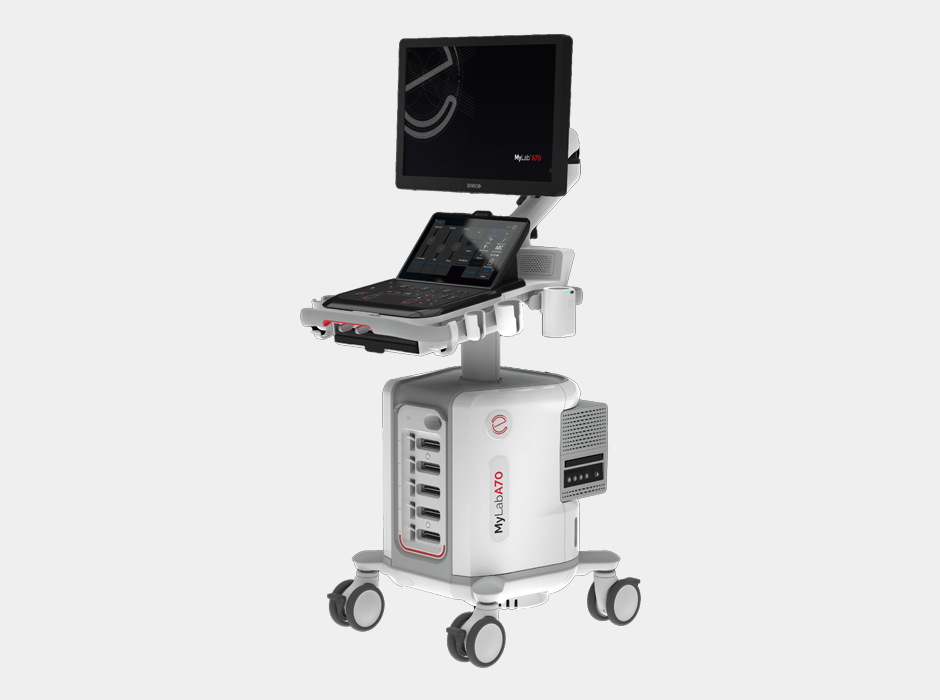A team at the University of Michigan are addressing the US opioid epidemic by looking for ways to reduce the number of opioid prescriptions, both before and after surgery. Using $1.4 million in annual funding provided by the Michigan Department of Health and Human Services, along with an investment made by the university itself, the team has launched a program to help physicians and other healthcare providers manage patients’ postoperative pain, without the use of opioids.
Aimed at curbing chronic opioid use and addiction in the state, the initiative – dubbed the Michigan Opioid Prescribing Engagement Network (Michigan-OPEN) – has the goal of reducing the amount of opioid prescriptions given by 50 percent, and limit the number of patients using opioids many months after their surgery.
Michigan-OPEN will be based at the University of Michigan Medical School and Institute for Healthcare Policy and Innovation, and will use preexisting networks of healthcare professionals across the state. The team plans to advise 12 of these networks, made up of hundreds of doctors and nurses, on the best practices for prescribing opioids for postoperative pain management.
“Surgeons prescribe nearly 40 percent of opioid painkillers in Michigan, but have few resources to guide them on best use of the drugs by patients before and after surgery,” said Dr. Chad Brummett, one of Michigan-OPEN’s three leaders and director of the Division of Pain Research in the University Of Michigan Department Of Anesthesiology. “We hope that by working with surgical teams across the state, we can fill that gap for the benefit of individual patients and our state as a whole.”
According to research conducted at the University of Michigan, about one in 10 patients who receive an opioid prescription after surgery, become dependent on the drugs. This dependency can lead to misuse and abuse of opioids, and has been associated with poor health outcomes.
By collecting information about opioid prescribing practices, Michigan-OPEN could help physicians better identify less-risky options for postoperative pain management for some patients. In addition, this information will be shared with state policymakers and insurers to tackle the issue on multiple fronts.
While opioid addiction is becoming increasingly common throughout the US, the state of Michigan has been hit particularly hard. Opioid abuse costs the state almost $2 billion per year, and the incidence rate is growing faster than in other states.












Join or login to leave a comment
JOIN LOGIN